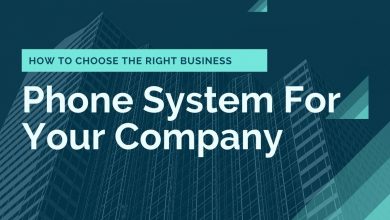
Freelancers in a wide range of roles will occasionally encounter a contract that includes a DBS check requirement.
It may come as a surprise the first time it happens, and it may even be insulting, inferring a lack of trust.
DBS checks are, in fact, a common requirement in a variety of situations. Let’s look at DBS checks in more detail, and how they might apply to freelancers in today’s workplace.
What are DBS checks?
The disclosure and barring service (DBS), a non-departmental government body founded in 2012, conducts DBS checks, which are a common type of criminal background check. The following are the three main types of DBS checks:
1. Perform a basic check
The most basic check is the one with the least amount of information. It only searches for unspent criminal convictions, warnings, and reprimands, and it can be requested by anyone, not just for specific jobs. It’s a requirement for jobs in a wide range of industries, from hospitality to sales. Freelancers in industries like event planning may be required to complete one, though this varies because it is usually up to the discretion of the company rather than any external regulatory body.
Read Why do Freelancers Stop Working With Businesses?
2. Perform a standard check
Both unspent and spent criminal convictions, reprimands, and warnings are examined in the standard check. It’s frequently required in industries with a high professional standard, such as accounting and law. The standard check, unlike the basic check, can only be requested for specific roles.
Freelancers working in a variety of industries where sensitive data is handled, such as accounting or law, can expect to be subjected to a standard DBS check. Those who work with sensitive individuals in a supervised setting, such as education or healthcare, may be subjected to a standard background check.
3. A more thorough examination
The enhanced check is the most thorough DBS check available. The enhanced check will include any information the local police department deems relevant to the position being applied for, in addition to spent and unspent criminal convictions, warnings, and reprimands.
When individual works in an unsupervised situation with a vulnerable person, enhanced checks are often required; freelancers working in healthcare or the medical profession may be required to pass an enhanced check. The enhanced check can also include a barred list check to see if the person is on any lists that prevent them from working with vulnerable people.
Freelance vs. Employed
Whether you’re employed or working as a freelancer has no bearing on whether you need a DBS check.
What matters is whether you work in a field where there are regulatory requirements, such as childcare or healthcare, or if the person who hires you wishes for you to pass one. It makes no difference whether you’re working full-time or part-time, or freelance in these situations if you need a DBS check.
Learn more from business and read SEO Freelancing: 10 Must-Know Facts


